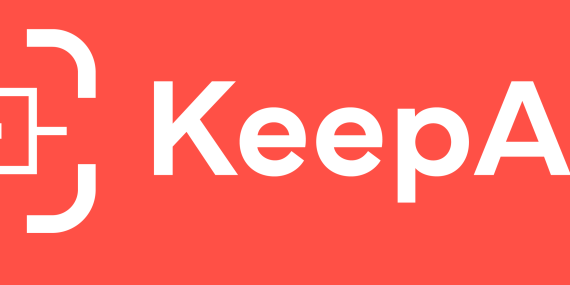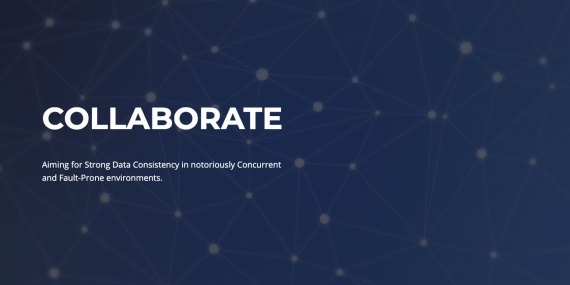Ma(R)s
Ma(R)S, aims to engage a PhD Student (PhDS) in conducting state-of-the-art research and industrial development in the fundamental and highly relevant area of Strongly Consistent Distributed Shared Memory Systems (DSM).
Supervised by leading researchers in the field, both from academia (University of Cyprus) and industry (Algolysis Ltd), and leveraging on her involvement in the development of a Proof of Concept DSM (under the two partners), the PhDS will work in two fronts: (i) Theory: to advance the knowledge in the field of DSM by exploring efficient, robust, and practical solutions in highly dynamic environments, and (ii) Practice: develop a Memory-as-a-Service (MaaS) platform for facilitating the deployment, management, and usage of DSM for data sharing and for supporting the next-generation of (collaborative) distributed applications. The entire framework will be deployed and validated in a relevant environment (TRL6). Specifically, the platform will be used to deploy DSM algorithms over a set of stationary servers and over a set of less-powerful peer-to-
peer devices.
https://projects.algolysis.com/mars/



